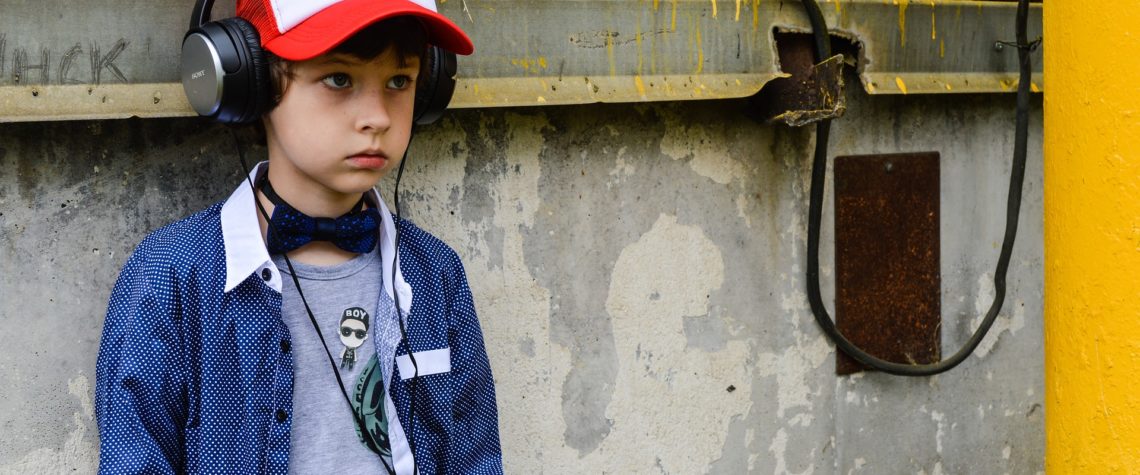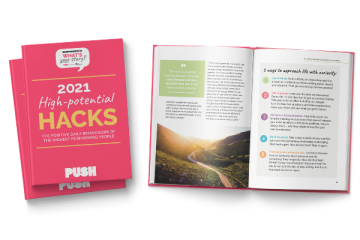 Over the next two weeks millions of children across the UK will be either heading back to school after the summer holidays or perhaps starting for the first time.
Over the next two weeks millions of children across the UK will be either heading back to school after the summer holidays or perhaps starting for the first time.
Not surprisingly, many young people feel anxious about returning to school after the summer break. Not only do they have to deal with exam pressures, new surroundings and sometimes an entirely new school environment, but research from anti-bullying charity Ditch the Label finds that 1 in 2 of all young people have at some point experienced bullying.
 To coincide with this stressful time of year for children, this week’s guest blogger (left image) is Dr Liam Hackett, CEO of Ditch the Label. The charity is one of the largest anti-bullying charities in the world, working tirelessly to end bullying and to support young people aged 12-25. It is dedicated to promoting equality and provides support to young people who have been negatively affected by bullying and prejudice.
To coincide with this stressful time of year for children, this week’s guest blogger (left image) is Dr Liam Hackett, CEO of Ditch the Label. The charity is one of the largest anti-bullying charities in the world, working tirelessly to end bullying and to support young people aged 12-25. It is dedicated to promoting equality and provides support to young people who have been negatively affected by bullying and prejudice.
Here, Dr Liam Hackett shares advice and insight on how going back to school can impact children’s mental health and wellbeing. He says: “We know that there are strong parallels between bullying and poor mental health. Bullying can and does lead to higher levels of depression and anxiety in teens and so it is inevitable that students with a history of being bullied will feel nervous about returning to school after a long period off. As a result of bullying, our research found that 1 in 2 felt depressed, 28% self-harmed and 11% had attempted to take their own lives.
In fact, most students will have a degree of anxiety in the face of uncertainty and change, with this anxiety only being amplified if there is a prospect of being bullied.
It is important to note that young people are increasingly being targeted online by the people who bully them at school and so if there have been any incidents during the summer, the anxiety is only amplified.
Those who have perpetrated bullying behaviour, may also experience issues with their health & wellbeing. There is always a deeper issue behind mean words, physical violence and abusive comments.
Our research found that those who admit to bullying others were reporting significantly worse mental health that anybody else – higher rates of depression, anxiety, self-harm and suicide ideation. In fact, 1 in 3 of those who admit to bullying others have attempted to take their own lives.
 At Ditch the Label, we believe that we all have a role to play in tackling bullying. If you ever witness it and it’s safe to do so, interject, support the person being victimised, signpost them to support from charities like Ditch the Label and don’t participate.
At Ditch the Label, we believe that we all have a role to play in tackling bullying. If you ever witness it and it’s safe to do so, interject, support the person being victimised, signpost them to support from charities like Ditch the Label and don’t participate.
If you don’t feel safe, in the event of physical violence or hate crime, for example, report it to somebody who can help – in some circumstances, it may be appropriate to report it to the Police.
Our advice for parents and guardians is firstly to harness open and honest conversations with their kids. Ask them openly how they feel about going back to school – what are some of their worries and what are the things they are looking forward to? Observe any sudden behavioural changes.
If your child has started to withdraw themselves, isn’t eating, is suddenly aggressive or especially introverted or has signs of self-harm, these could all be examples of growing anxiety and could highlight that your child is worried about something.
If your child is concerned, praise them for being so honest with you and work with them to find a solution. If you need any advice and support, we have trained mentors who you can speak with at www.DitchtheLabel.org.














